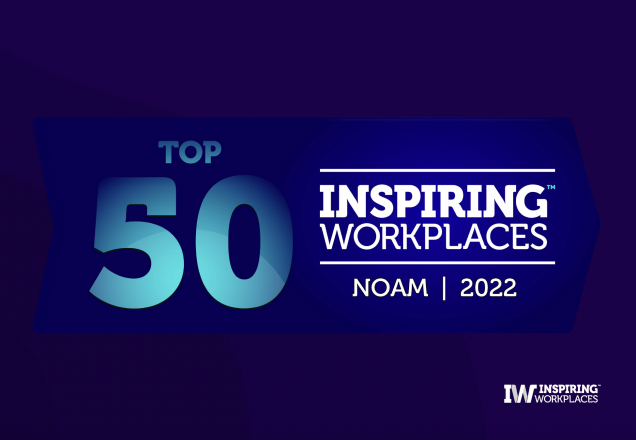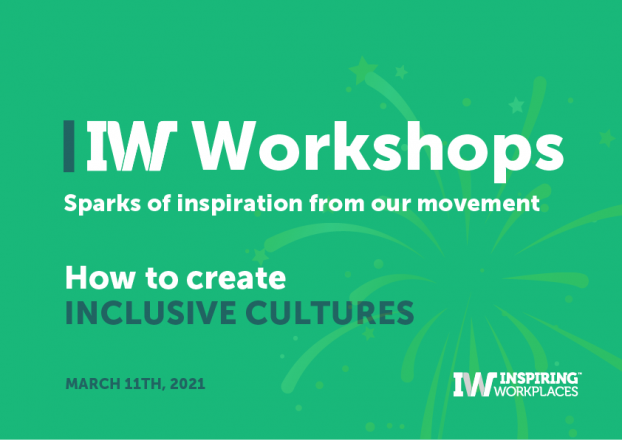
19th August 2024
Equity: The Solution to Talent Shortages – 4 Essential Strategies for Business Success

In the face of global talent shortages, ingraining equity into business practices is crucial for attracting and retaining diverse talent, enhancing innovation, and improving market reputation. Key strategies include flexible work arrangements, equitable pay transparency, inclusive hiring practices, and empowering business resource groups, all of which help build a more competitive and sustainable workforce.
This article was written by Sander van ‘t Noordende and published in Forbes.
As global labor markets face unprecedented talent shortages, it is evident that traditional strategies are no longer going to be enough. The data is clear: the world’s population over 60 is expected to nearly double from 12% to 22% by 2050 and major markets, like Japan and Germany, will see their working age populations decline by up to 40% in the next 26 years. This is one of the many reasons why my team – and our clients – often hear me repeat that we need all hands on deck.
Coming in a close second-place is: equity and inclusivity are not just moral imperatives, they make business sense too. And I stand by this. In labor markets where scarcity is so deeply entrenched, ingraining equity into business practices is a legitimate, deeply strategic solution to directly meet the need of finding the right workers for the roles at hand.
The case for equity
Organizations that prioritize equity not only attract top talent by elevating their employee value propositions, but they also stand to improve their market reputation across stakeholders. Equity means that we take action to ensure that all individuals, regardless of their circumstances or backgrounds, have equal access to opportunities. Thus, by definition, equitable practices widen the talent pool – getting all players onto the pitch – and thereby bring about another dimension of diversity: added perspectives on innovation and thought. This is achieved through tapping into traditionally underrepresented talent pools, such as women, people with disabilities, older employees, and minorities.
In fact, research shows that companies with diverse teams are 35% more likely to outperform their competitors. And from a retention perspective, it is also reported that inclusive workplaces see 22% lower turnover rates. These are key points that again emphasize the business benefits of fostering equity at work through persistent, well-thought out diversity and inclusion efforts.
The employee’s view
The good news is that employees agree. Here at Randstad, our flagship annual Workmonitor research measures talent attitudes, values, and behaviors including their perspectives on equity. This global research finds that 38% of talent would go as far as not accepting a job if they didn’t agree with the views of the leadership team, for example, on workplace inclusion and addressing the climate crisis.
However, as the world of work becomes more specialized, it is important to look beyond the global average and really understand what your employees are thinking. The Workmonitor research reveals, for instance, that 65% of those in professional roles rank gender pay equality as the most important diversity, equity and inclusion initiative. At the same time, 40% of those in operational roles wouldn’t accept a job that does not match their social and environmental values. Taking these nuances into account is key to success.
To find out what are the essential parts of an equity strategy read the full article here: Equity Is The Antidote To Talent Scarcity: 4 Key Ingredients To Make Equity A Business Success
The Inspiring Workplaces Awards are open!
3 ways to be Recognised: Organisations, Individuals and Vendors.






